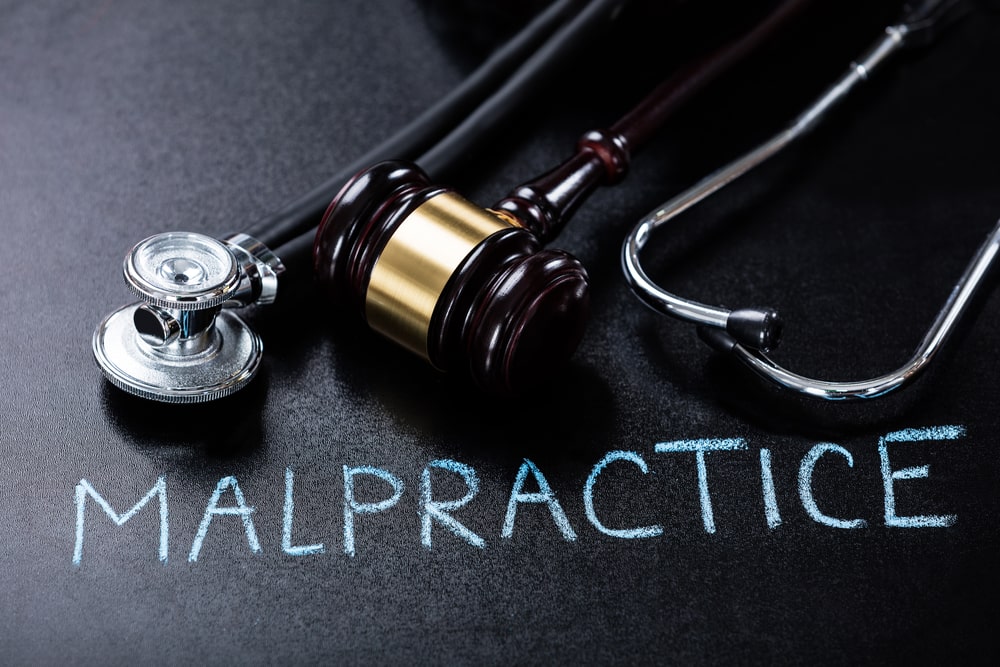Identifying medical malpractice can be challenging, but knowing the signs can help you determine if you have a potential case. Medical malpractice occurs when a healthcare professional deviates from accepted standards of care, leading to harm or injury. To determine if you have experienced medical malpractice, look for key indicators that suggest the care you received was substandard.
Evaluate The Standard Of Care
Medical malpractice involves a breach of the standard of care expected from healthcare professionals. To identify potential malpractice, compare the treatment you received with the accepted practices for your condition. If your care deviated significantly from what other competent professionals would have provided in a similar situation, it could be a sign of malpractice. For instance, if a doctor failed to order necessary tests or misdiagnosed a condition despite clear symptoms, this could indicate a failure to meet standard care.
Look For Noticeable Errors Or Omissions
Errors in diagnosis, treatment, or medication can be signs of medical malpractice. Common examples include misdiagnosis, delayed diagnosis, incorrect medication, or surgical errors. If you notice that your condition worsened after treatment or if there were clear mistakes in your medical care, it might be worth investigating further. For example, if a surgeon leaves a foreign object inside a patient after surgery, this is a clear error that could qualify as malpractice.
Consider The Impact On Your Health
The impact of the medical treatment on your health is another important factor. If you experienced harm or worsened health due to the treatment or care you received, this may indicate malpractice. Assess whether the treatment led to additional complications or injuries that were not expected or disclosed. For instance, if a medication caused severe side effects that were not discussed with you, this could be a sign of substandard care.
Review Your Medical Records
Thoroughly reviewing your medical records can provide valuable insights into whether malpractice occurred. Look for discrepancies, omissions, or inconsistencies in your records. If your records show a lack of proper documentation, missed appointments, or notes that don’t match your experience, these could be red flags. Accurate and complete medical records are crucial for assessing the quality of care you received and determining if it meets the standard.
Consult With A Professional
If you suspect medical malpractice, consulting with a medical professional can provide clarity. A qualified healthcare provider can review your case and help determine if the care you received was substandard. Additionally, attorneys like those at Joseph Law Group, LLC discuss how consulting with a legal professional who focuses on medical malpractice can provide guidance on whether you have a viable claim.
Seek Legal Advice
Once you have identified potential signs of medical malpractice, seeking legal advice is a crucial step. A knowledgeable attorney can help you understand your options and guide you through the process of filing a claim. A medical malpractice lawyer can evaluate your case, gather necessary evidence, and advocate on your behalf. They will work to determine if there is enough evidence to support a malpractice claim and help you pursue appropriate legal action.
Take Action Promptly
It’s important to address potential medical malpractice as soon as possible. Medical malpractice claims are subject to statutes of limitations, which vary by state. This means you must take legal action within a specific timeframe to preserve your right to seek compensation. Acting quickly helps ensure that evidence is preserved and that you meet all necessary deadlines.
Identifying medical malpractice involves evaluating the standard of care you received, looking for noticeable errors, assessing the impact on your health, reviewing medical records, and seeking professional advice. If you suspect that you’ve been a victim of medical malpractice, consult with a medical malpractice lawyer to discuss your options and take the necessary steps to protect your rights.

